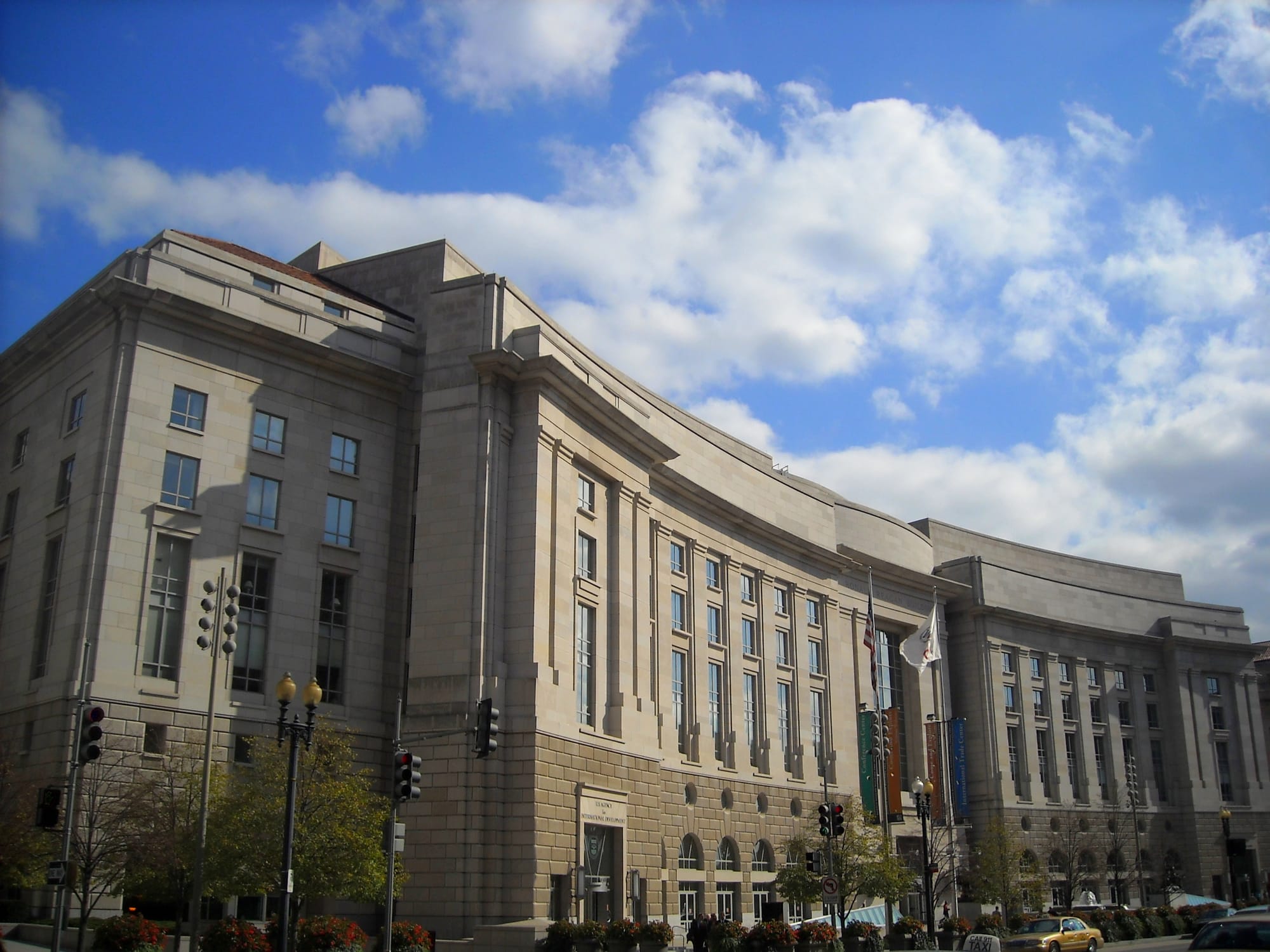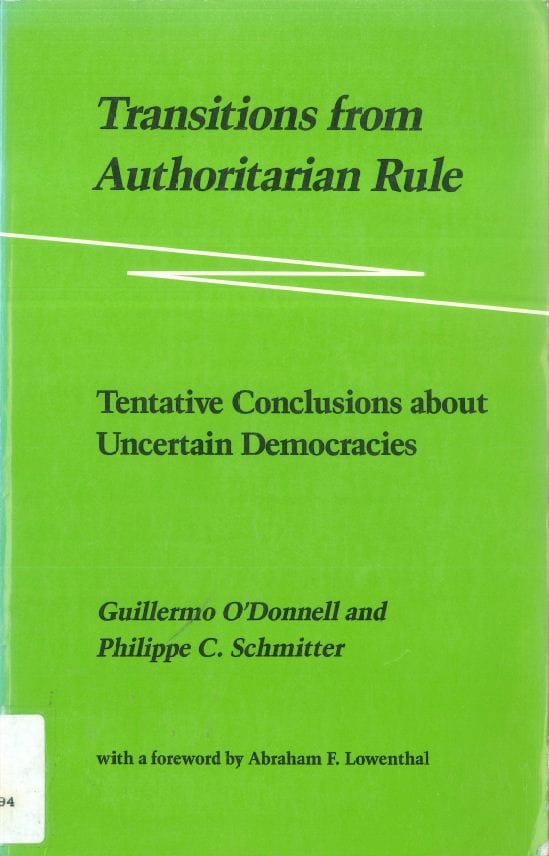An obituary of sorts for the Wilson Center
The think tank is the latest victim of DOGE's war on state capacity

The Woodrow Wilson International Center for Scholars is a long-cherished institution in Washington D.C. While most presidents have been honored with a presidential library, President Woodrow Wilson, who was in office 1913-1921, was honored by Congress in 1968 with a think tank in his name. Wilson is the only president to have been a political scientist prior to taking office.
The center honors the former president by housing fellows, both scholars and journalists, who spend a year writing a book that speaks to a contemporary foreign policy challenge. The center provides an office, a library, and a scholarly community in which to work. While this might not sound like much, many important works have been born or nurtured there that went on to shape my field and foreign policy more broadly. One such work was the publication of the four-volume Transitions from Authoritarian Rule, by Guillermo O’Donnell and Philippe Schmitter, who were hosted by the Latin America program at Wilson from 1979 to 1981.

These two scholars used their year at the center to assemble experts from Southern Europe and Latin America to study the process by which authoritarian regimes "transition" to democratic rule. The different volumes of the work provide case studies of what transitions have looked like around the world, and the fourth volume, titled Tentative Conclusions about Uncertain Democracies, summed about the theoretical insights of the case studies. It remains the standard text that details the various paths by which an authoritarian country becomes a democracy.
It is ironic that at the very moment when we need the Wilson Center to host scholars seeking to understand the United States' transition in the opposite direction (what scholars call "democratic backsliding"), the think tank has been the latest victim of DOGE's war on state capacity.
Even more ironically, little is gained by shutting down the center. Like USIP, the Wilson Center is funded by a combination of private donations and Congressional appropriations. But Wilson's budget was predominantly made up of donations; contributions from tax payers accounted for only thirty percent of its budget, meaning that the dismantling of the center saves taxpayers very little in comparison with the benefits that were reaped by its existence. And because the building is required by the center's charter to be used as a memorial for President Wilson, it cannot be used for another purpose. The dismantling of this time-honored institution to save minimal funds speaks to the arbitrariness of the DOGE project.
By some terrible coincidence, I had applied to be a fellow at the center this year, though I was not selected. The subject of my application?
An assessment of the relevance of the concept of authoritarianism.

